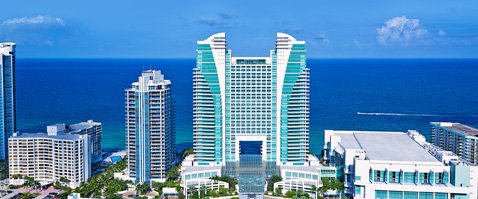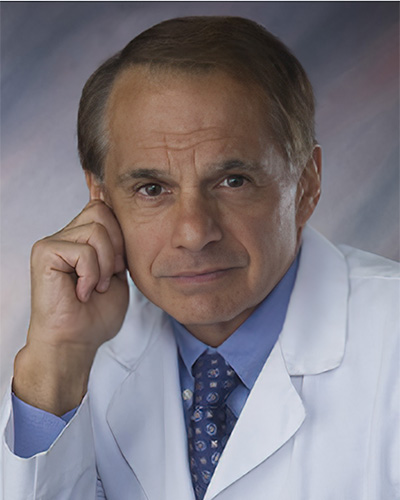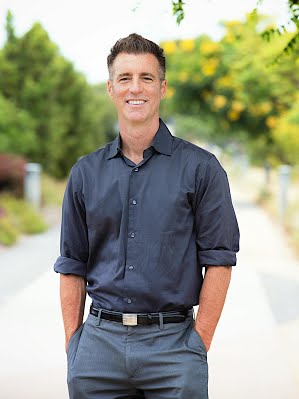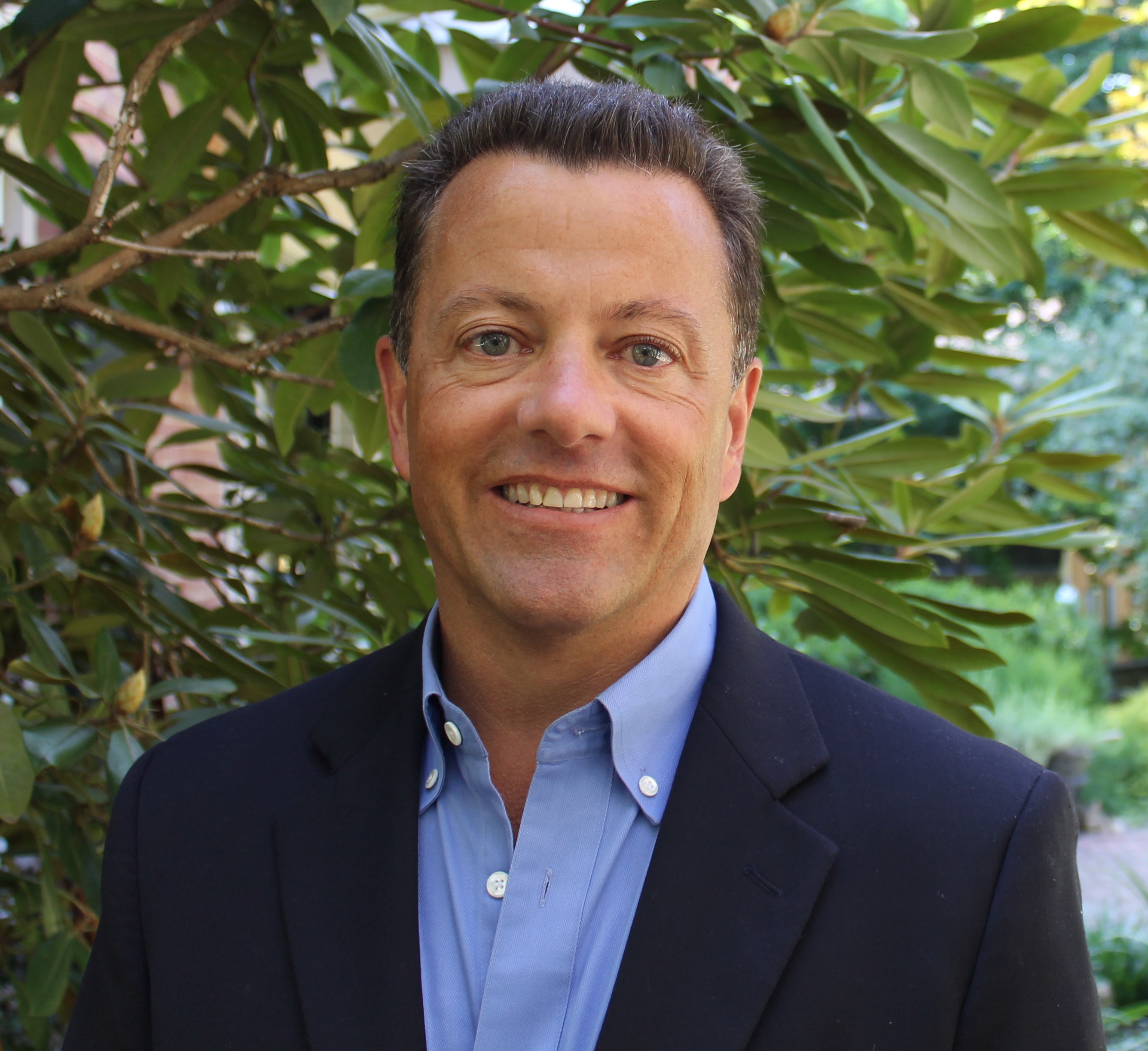Description
Numerous physical, psychological, and emotional benefits have been attributed to marijuana since its first reported use in approximately 2,600 BC in Chinese pharmacopoeias. Since the adoption of the Uniform State Narcotic Act in 1932, research and clinical use of marijuana in the U.S. had been limited primarily to animal studies and human case reports on the phytocannabinoids found in both marijuana and hemp.
In 1986, there were 8 articles listed in PubMed under the topic "medical marijuana"; in 2016, over 500 were published: a 6,000% increase. The phytocannabinoids, cannabidiol (CBD), and delta-9-tetrahydrocannabinol (Δ9-THC), are currently the most studied extracts from the plant species cannabis sativa. Both hemp and marijuana are subspecies of cannabis sativa and are bred separately, with each having various amounts of CBD and Δ9-THC. Both CBD and Δ9-THC interact uniquely with the endocannabinoid system (ECS). Through both direct and indirect actions, endocannabinoids modulate and influence a variety of physiological systems, including appetite, pain, inflammation, thermoregulation, intra-ocular pressure, sensation, muscle control, energy balance, metabolism, sleep health, stress responses, motivation/reward, mood, and memory.
Research into the neurological benefits of both CBD and Δ9-THC has demonstrated numerous neuroprotective effects against excessive oxidative stress and inflammation associated with a variety of neurological diseases and conditions. These include malignant brain tumors, Parkinson’s disease, Alzheimer’s disease, multiple sclerosis, neuropathic pain, and the childhood seizure disorders Lennox-Gastaut and Dravet Syndromes. In addition, psychiatric and mood disorders such as schizophrenia, anxiety, depression, addiction, post-concussion syndrome, and post-traumatic stress disorders are being studied and treated with phytocannabinoids.
Due to the explosion of societal, political and legislative changes in the United States, medical marijuana has been legalized in 29 states since 1996--the majority within the last 5 years. The large numbers of healthcare providers in these states have little, if any, formal education or training about condition-specific recommendations, dosing concerns, side effects, and drug interactions. This workshop is designed to help educate prescribers on a wide variety of medical marijuana related topics based on the latest scientific and clinical research.
Learning Objectives
- Educate prescribers on a wide variety of medical marijuana related topics based on the latest scientific and clinical research
- Introduce phytocannabinoids, cannabidiol (CBD), delta-9-tetrahydrocannabinol (Δ9-THC), and other extracts from the plant species cannabis sativa from both hemp and marijuana subspecies
- Review the various health-related applications of medical marijuana based on interactions with the endocannabinoid system
- Discuss the latest clinical research surrounding the application of medical marijuana to cancer, and other neurological, psychological, metabolic, and pain disorders.
- Assess the condition-specific dosing, side effects, quality considerations, and drug interactions of medical marijuana.
Topics:
Medical Marijuana (THC) and Cannabidiol (CBD): Applications
- Endocannabinoid Overview (discovery, mechanism of action, cannabinoids: endo- and phyto-)
- Cancer
- Neurological Disorders
- Psychological Disorders
- Inflammatory, Pain, and Metabolic Disorders
- Head Trauma
- Legal, Regulatory, Dosing, and Safety Considerations
Event Schedule
Thursday, April 12, 2018
7:45 am
Introductions (non-CME)
Joseph C. Maroon, MD, FACS
8:00 am
The Endocannabinoid System
Hector Lopez, MD
9:00 am
Break
9:30 am
Treatment Applications for Neurological and Head Trauma with Cannabis and Cannabinoids
Michael Lewis, MD
10:30 am
Alpha-GPC and Omega-3 for Improving Cognition, Memory and Energy
Joseph C. Maroon, MD, FACS
11:30 am
How is it That CBD Has Therapeutic Effects?
Lunch Presentation Sponsored by Isodiol (non-CME)
12:30 pm
Stress, Adrenal Health, and Cannabidiol: The ECS-HPA Connection
Aimée Gould Shunney, ND
1:30 pm
Exploring Medical Marijuana: Cannabidiol (CBD) for Diabetes and Diabetic Complications
Jeff Bost, PAC
2:30 pm
Break
3:00 pm
Medical Cannabis Dosing and Administration
Jamie Corroon, ND, MPH
4:00 pm
Do Cannabinoids Hold the Key to Immune-System and Neurological Disorders?
Raj Gupta, PhD, MBA
5:00 pm
Close of Session
Register Today!
The Diplomat Beach Resort
3555 South Ocean Drive
Hollywood, FL 33019, US
Phone: 855-689-2911
Rm Rate: $265-$285/night
Room Rate Expires: 3-19-18
Group Code: AAJ43

Save on your airfare by flying with Delta Airlines. Mention Code NMR6W and receive anywhere from a 3%-10% discount depending on class.











